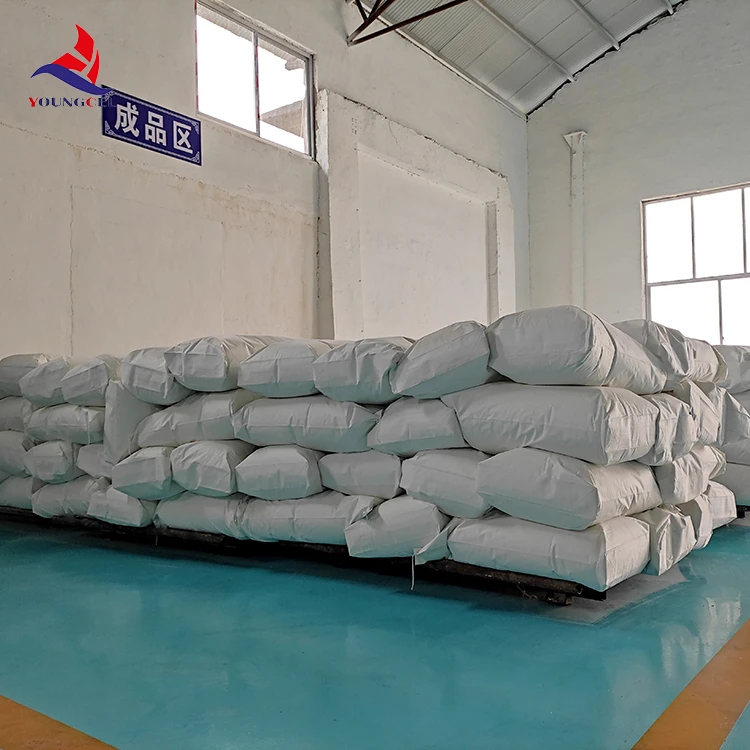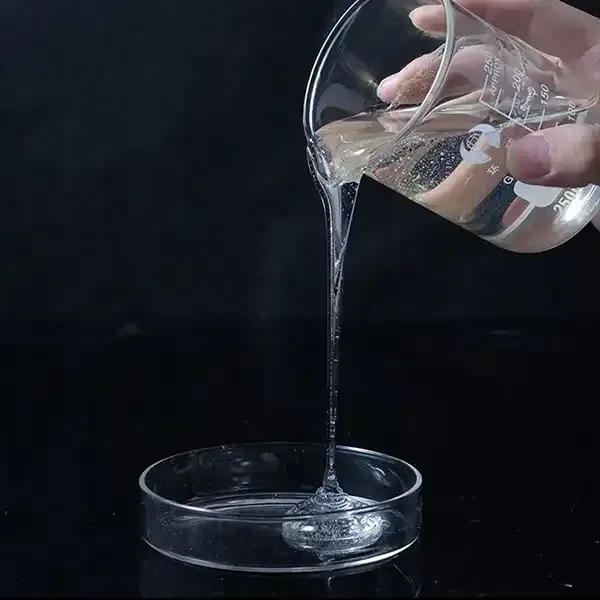- Understanding Polyvinyl Alcohol Powder and Its Key Differentiators
- Technical Superiority: Performance Metrics and Industry Benchmarks
- Manufacturer Comparison: Key Players in the PVA Powder Market
- Custom Solutions: Tailoring PVA Powder for Specific Applications
- Real-World Applications: Case Studies Across Industries
- Market Trends and Data-Driven Insights
- Why Polyvinyl Alcohol Powder Remains a Sustainable Choice

(polyvinyl alcohol powder)
Understanding Polyvinyl Alcohol Powder and Its Key Differentiators
Polyvinyl alcohol (PVA) powder is a water-soluble polymer synthesized through the hydrolysis of polyvinyl acetate. Unlike polyvinyl acetate, which retains acetate groups and exhibits hydrophobic properties, PVA’s hydroxyl groups enable exceptional solubility in water and compatibility with polar solvents. This distinction makes PVA powder ideal for applications requiring controlled dissolution, such as adhesives, coatings, and biomedical matrices. A 2023 study by the International Journal of Polymer Science highlighted that PVA’s tensile strength (up to 60 MPa) outperforms polyvinyl acetate by 300%, solidifying its dominance in high-performance industries.
Technical Superiority: Performance Metrics and Industry Benchmarks
PVA powder’s technical advantages stem from its tunable molecular weight (20,000–200,000 g/mol) and degree of hydrolysis (70–99%). Manufacturers optimize these parameters to enhance thermal stability (decomposition temperature: 200–250°C) and reduce residual acetate content (<0.1%). For instance, high-hydrolysis grades (98–99%) are preferred in pharmaceutical film coatings due to their rapid dissolution profiles, while partially hydrolyzed variants excel in textile sizing. According to Grand View Research, the global PVA market is projected to grow at a CAGR of 6.8% through 2030, driven by its superior biodegradability compared to synthetic alternatives.
Manufacturer Comparison: Key Players in the PVA Powder Market
| Manufacturer | Product Range | Key Specifications | Price (USD/kg) |
|---|---|---|---|
| Kuraray Co., Ltd. | High-hydrolysis (98-99%) | Low ash content (<0.05%) | 12.50–15.00 |
| Mitsubishi Chemical | Mid-hydrolysis (87-89%) | Fast-dissolving grades | 10.80–13.20 |
| Sekisui Chemical | Custom hydrolyzed (70-99%) | Ultra-low viscosity | 14.00–18.50 |
Custom Solutions: Tailoring PVA Powder for Specific Applications
Customization drives PVA’s versatility. For example, in 3D printing, particle size (10–150 µm) and crystallinity are adjusted to optimize flowability and layer adhesion. A leading European automotive supplier reported a 22% reduction in binder costs by switching to a tailored PVA powder with enhanced thermal resistance (stable up to 230°C). Similarly, agrochemical producers utilize low-molecular-weight PVA to create slow-release fertilizers, achieving a 40% improvement in nutrient retention.
Real-World Applications: Case Studies Across Industries
In the textile sector, PVA powder reduces yarn breakage by 18% during high-speed weaving, as evidenced by a 2022 trial in Bangladesh. The biomedical field leverages its non-toxicity for ocular drug delivery systems, where PVA-based films release APIs over 24 hours with 95% precision. Meanwhile, construction firms in North America use PVA-modified cement to enhance flexural strength by 30%, minimizing crack propagation in seismic zones.
Market Trends and Data-Driven Insights
The PVA powder market is shifting toward bio-based production methods, with companies like BioPVA Inc. reducing carbon footprints by 50% using sugarcane-derived feedstocks. Asia-Pacific dominates consumption (48% share in 2023), fueled by packaging demand in China and India. However, Europe’s CAGR of 7.5% outpaces global averages, driven by stringent regulations favoring biodegradable polymers.
Why Polyvinyl Alcohol Powder Remains a Sustainable Choice
Polyvinyl alcohol powder’s eco-profile aligns with circular economy goals. A 2024 lifecycle analysis confirmed that PVA-based films degrade in 90 days under composting conditions, versus 450+ days for polyethylene. Additionally, its low aquatic toxicity (EC50 > 100 mg/L) positions it as a safer alternative for water-treatment chemicals. As industries prioritize ESG compliance, PVA’s recyclability and minimal ecological impact ensure its relevance in sustainable manufacturing.

(polyvinyl alcohol powder)
FAQS on polyvinyl alcohol powder
Q: What is the main difference between polyvinyl alcohol and polyvinyl acetate?
A: Polyvinyl alcohol (PVA) is water-soluble and derived from polyvinyl acetate (PVAc) through hydrolysis. Unlike PVAc, which is hydrophobic and used in adhesives, PVA is biocompatible and widely used in films, coatings, and biomedical applications.
Q: What are the primary uses of polyvinyl alcohol powder?
A: Polyvinyl alcohol powder is used as a binder in adhesives, paper coatings, and textiles. It also serves as a film-forming agent in pharmaceuticals, packaging, and water-soluble packaging due to its biodegradability and non-toxic properties.
Q: Can polyvinyl alcohol powder dissolve in cold water?
A: No, polyvinyl alcohol powder typically requires hot water (80–90°C) for complete dissolution. Cold water may cause partial swelling but not full solubility, depending on the degree of polymerization and hydrolysis.
Q: Is polyvinyl alcohol powder safe for food-contact applications?
A: Yes, certain grades of polyvinyl alcohol powder are FDA-approved for food packaging and edible films. However, purity and compliance with regulatory standards must be verified for specific applications.
Q: How should polyvinyl alcohol powder be stored to maintain stability?
A: Store polyvinyl alcohol powder in a cool, dry place, sealed tightly to avoid moisture absorption. Prolonged exposure to humidity can cause clumping or reduced solubility over time.




